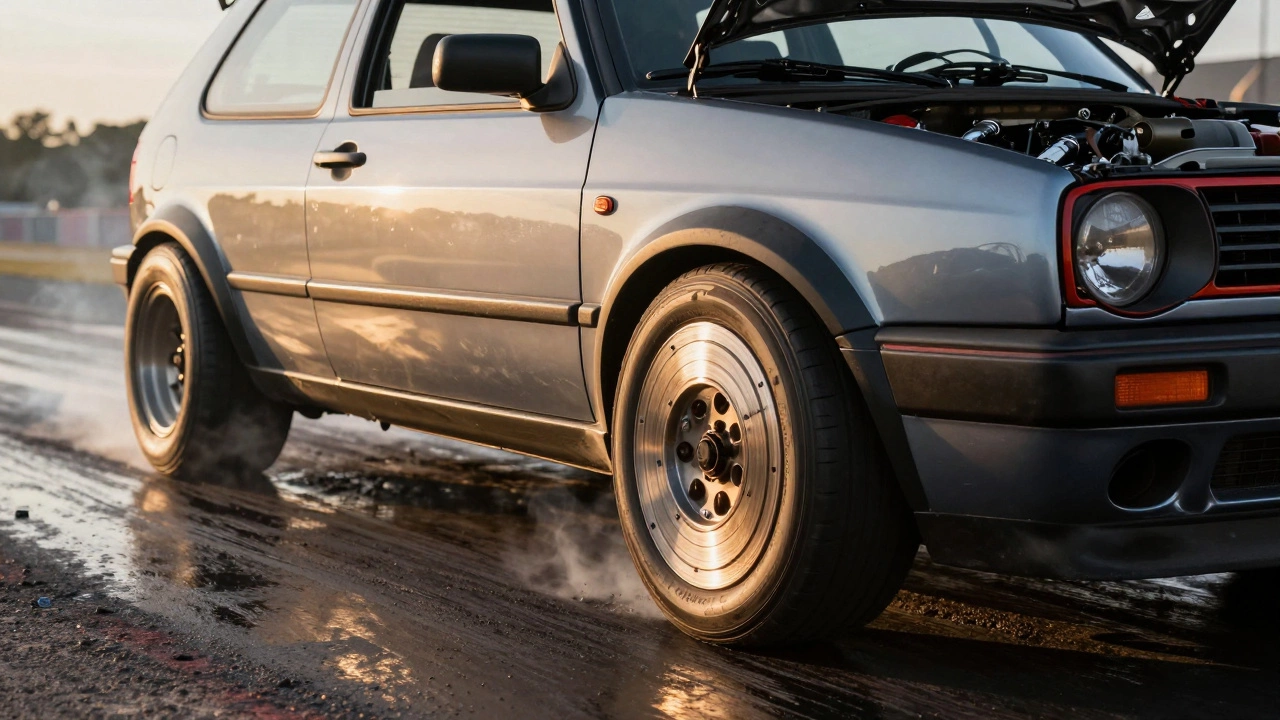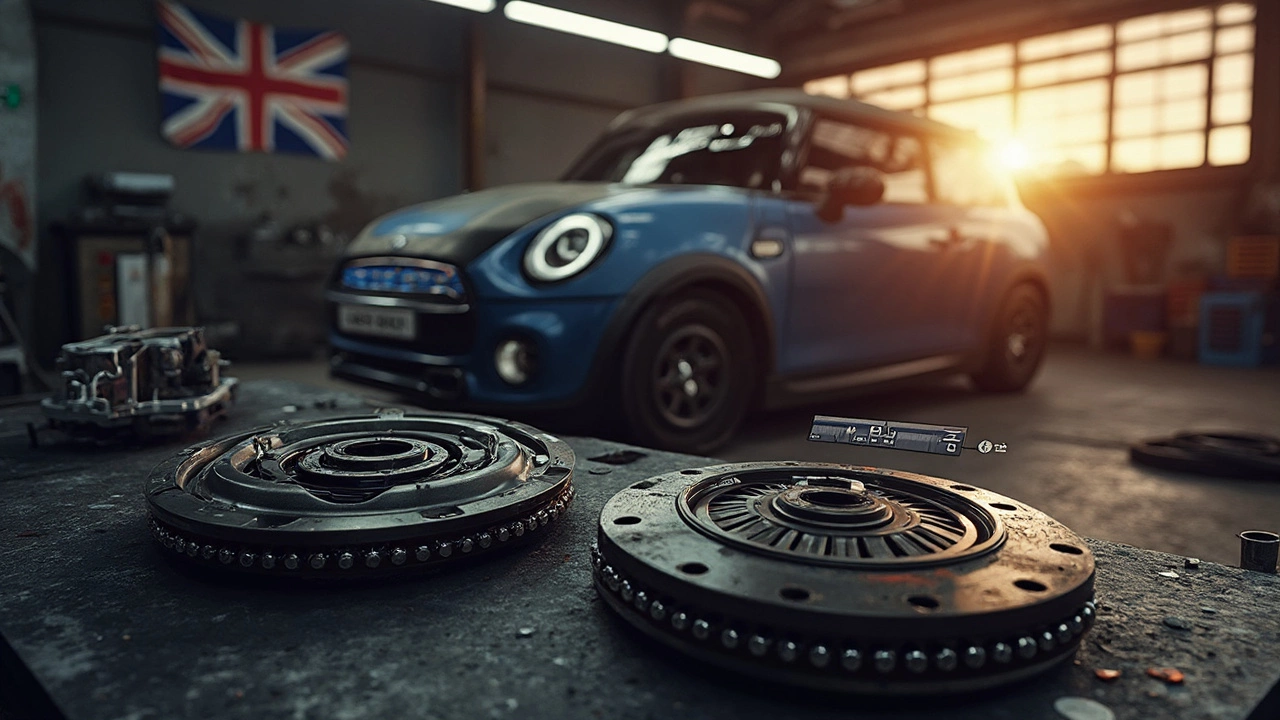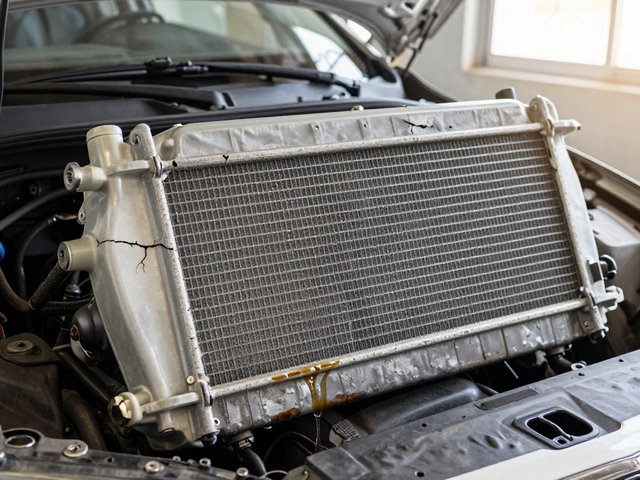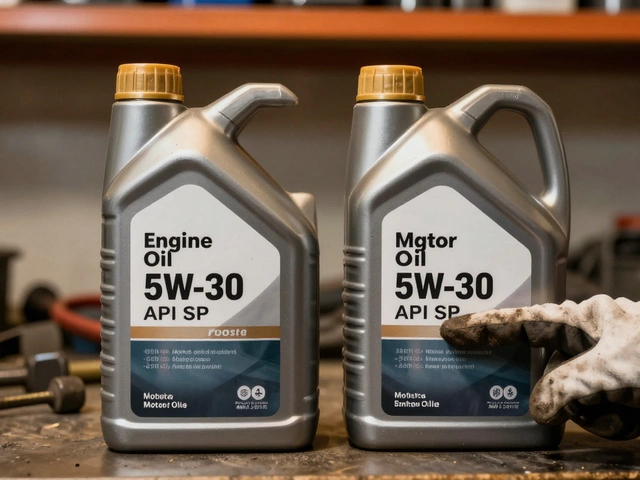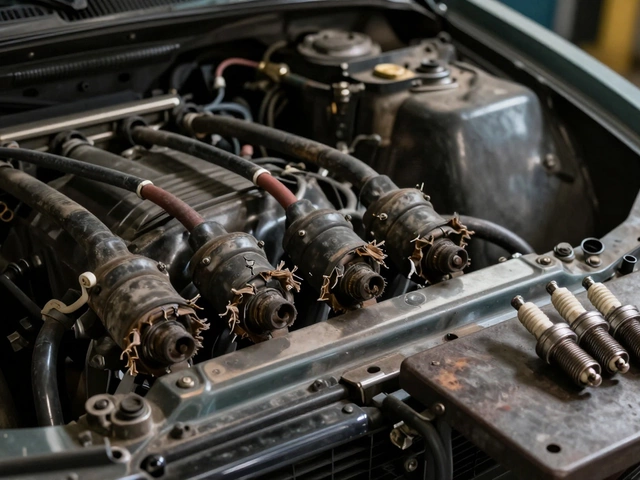Performance Clutch: Signs, Symptoms, and What to Do Next
When you're pushing your car hard—whether on track days, towing heavy loads, or just loving a spirited drive—the performance clutch, a heavy-duty clutch system designed to handle higher torque and frequent engagement. Also known as upgraded clutch, it’s built to last longer under stress than a standard clutch. But even the best ones wear out, and when they do, your car won’t respond the way it should. A failing performance clutch doesn’t always scream for help. Sometimes it just feels… off. Like the pedal’s spongy, or the car doesn’t accelerate when you press down, or you hear a weird grinding noise when shifting. These aren’t just inconveniences—they’re warnings.
What causes a performance clutch to go bad? It’s usually a mix of driving habits and heat buildup. Aggressive launches, riding the clutch at traffic lights, or using it to hold your car on hills instead of the brake all add up. The friction material wears thin, the pressure plate loses tension, and the release bearing starts to fail. You’ll often see this paired with slipping clutch symptoms—where the engine revs but the car doesn’t move like it should. That’s not just annoying; it’s dangerous. And if you ignore it, you risk damaging the flywheel or transmission, which can cost thousands more than a simple clutch replacement.
Some drivers think a clutch problem is just a "gearbox issue," but it’s not. It’s a system. The clutch kit includes the disc, pressure plate, and release bearing—all working together. If one part fails, the others are under more strain. That’s why you don’t just replace the disc. You replace the whole kit. And if your car’s been modified for more power, you need a clutch rated for that output. A stock clutch on a 300hp engine? That’s asking for trouble.
How do you know it’s time? If your clutch pedal feels higher than usual, or you need to press it deeper to get into gear, that’s a sign. If your revs spike without acceleration, especially when pulling away or climbing hills, that’s slipping. If you smell burning when driving hard, that’s the friction material cooking. And if you hear a rattling noise when the pedal’s pressed, the release bearing is likely done. These aren’t guesses—they’re facts from real-world repairs. We’ve seen it hundreds of times in Stevenage.
You don’t need to be a mechanic to spot these signs. You just need to pay attention. Your car talks to you. The clutch is one of the loudest parts when it’s failing. And if you wait too long, you’re not just replacing a clutch—you’re replacing a whole lot more. The good news? Catching it early saves you time, money, and stress. Below, you’ll find real posts from drivers who’ve been there, with clear guides on how to diagnose, what to look for, and how to fix it without getting ripped off.
